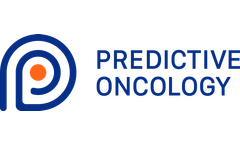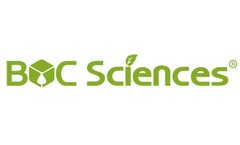Drug Platform Candidate Articles & Analysis: This-Year
9 articles found
Population growth, aging populations and increases in cancer incidence have necessitated new approaches to identifying effective treatments. One such approach involves the repositioning, or repurposing, of drugs already FDA approved in either non-oncology disease states and/or approved in a limited number of tumor types. The repurposing of these drugs for new indications represents an ...
In the realm of drug discovery, kinase screening services have emerged as a pivotal tool for understanding complex cellular signaling pathways and identifying potential therapeutic targets. Kinases are enzymes that play a crucial role in regulating cellular functions by adding phosphate groups to proteins, a process known as phosphorylation. This post-translational modification can activate or ...
Understanding the metabolic stability of potential drug candidates is paramount in the realm of pharmaceutical development. S9 metabolic stability assays provide critical insights into how a compound behaves within biological systems, especially concerning its metabolism, stability, and overall pharmacokinetics. At the core of S9 metabolic stability is the S9 fraction, which is a liver extract ...
The MDCK permeability assay is a critical technique employed in pharmacology and drug development to evaluate the permeability of drug candidates across epithelial cell layers. This assay utilizes Madin-Darby Canine Kidney (MDCK) cells, which are a widely used model for studying intestinal absorption and permeability due to their similarity to human epithelial cells. Importance of the MDCK ...
Introduction Custom knockout cell lines represent a groundbreaking advancement in molecular biology and genetics, allowing researchers to manipulate genes with precision and study their functions in a controlled environment. By creating cell lines with specific genes “knocked out,” scientists can investigate disease mechanisms, screen drug candidates, and develop gene therapies more ...
In recent years, the rise of drug-resistant cells has emerged as one of the most significant challenges in the field of medicine, particularly in oncology and infectious diseases. The effectiveness of current therapies is often hindered by the ability of certain cell populations to develop resistance, leading to treatment failure and disease progression. This article explores the importance of ...
It is the process that bridges the gap between basic research and clinical testing, allowing for the evaluation of potential drug candidates in biological systems before they are tested in humans. ...
In the realm of pharmaceutical research and development, ADME testing services play a pivotal role in evaluating the pharmacokinetics of drug candidates. ADME stands for Absorption, Distribution, Metabolism, and Excretion, which are critical processes that determine the fate of a drug within the body. Effectively assessing these parameters is essential for ensuring the safety, efficacy, and ...
In the rapidly evolving field of pharmaceuticals, nanotechnology has emerged as a revolutionary force, transforming the landscape of drug delivery and formulation development. The integration of nanotechnology into pharmaceutical formulation offers unprecedented opportunities to enhance the efficacy, safety, and convenience of therapeutic interventions. This article explores the profound impact ...




